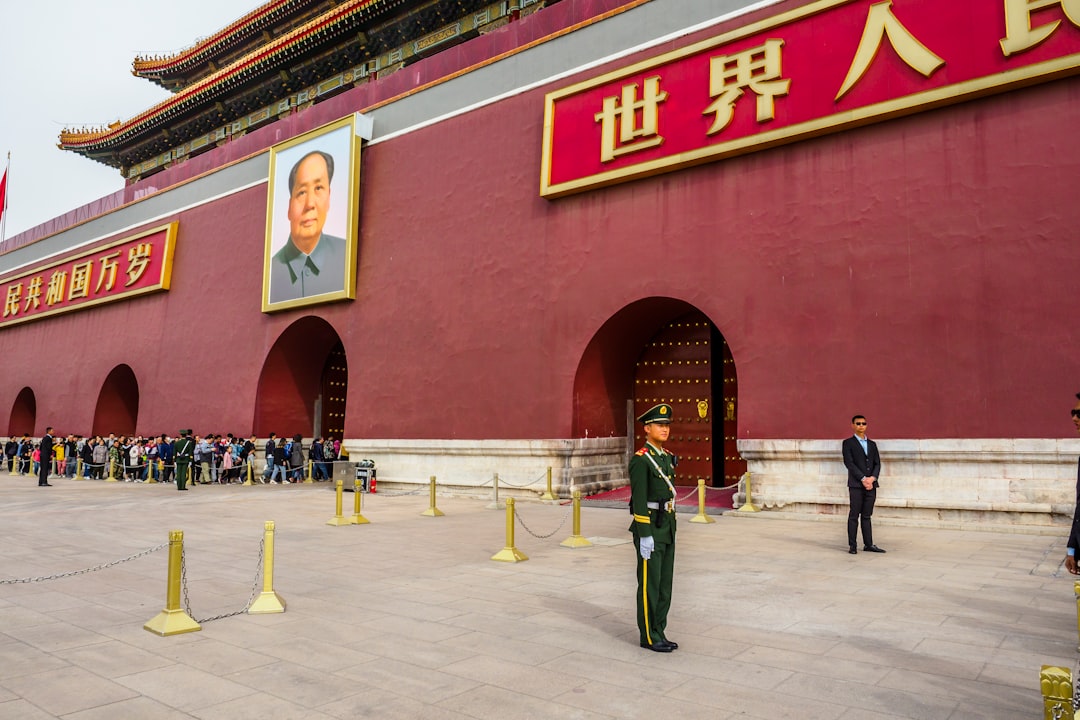Red Carpet Diplomacy or Cultural Colonization? The Rise of Chinese Soft Power on the Global Stage
The glamour of international film awards has long masked a deeper ideological battle—nowhere is this more evident than in the recent proliferation of Chinese-led cultural events outside Mainland borders. As banners of Chinese cinema prepare to unfurl in cities as far afield as Singapore, we are forced to ask: Are these celebrations mere artistic showcases, or do they signal a strategic campaign for cultural dominance?
Cinema as Soft Power: More Than Just Stories
For decades, Hollywood’s golden statue was more than a trophy—it was a cultural weapon, exporting American ideals and myths across the globe. Today, China’s own cinematic ambitions have leapt beyond Shanghai, Beijing, or even Hong Kong. With unprecedented government investment, the Chinese film industry has transformed into a juggernaut, eager to shape narratives globally. Bringing an international Chinese film awards show to Singapore—a city celebrated for its multiculturalism—is no innocent coincidence. It is a headline-grabbing assertion: Chinese stories belong at the world's center stage.
| Perspective | Opportunity | Risk |
|---|---|---|
| Chinese State | Global prestige; narrative control | Accusations of propaganda, censorship export |
| Regional Creatives | Access to funding & infrastructure | Loss of narrative autonomy, self-censorship |
| Western Industry | New market partnerships | Marginalized local voices, cultural dilution |
The Great Firewall Goes Abroad
It’s an open secret that the Chinese film industry operates under strict censorship—scripts meticulously vetted for politically sensitive content. But as Chinese awards and festivals court the global film scene, concerns mount over whether these restrictive standards are quietly exported. Last year, several international festivals quietly pulled films critics deemed “controversial” in China, even when hosted in cities with robust free speech protections.
Singapore, while celebrated for its order and efficiency, is itself no stranger to state-guided narratives. Hosting a major Chinese film award here is not simply a matter of logistics—it’s a calculated move, leveraging Singapore’s reputation as both Asia’s crossroads and a disciplined, media-savvy society.
Artistic Bridge or Trojan Horse?
Suppose filmmakers from Southeast Asia, Africa, and the West flock to these new awards for funding, exposure, and prestige. As their works are judged by criteria shaped in Beijing, do they adapt their visions to satisfy censors and juries? Or does the cross-pollination foster genuine understanding? The answer is hotly contested, as shown below:
| Argument | Supporting Point | Contradictory Evidence |
|---|---|---|
| Soft Power Enriches Diversity | More Asian voices, cross-cultural ties | Risk of erasing critical voices |
| Promotes High Production Values | Access to advanced tech, co-productions | Technical prowess ≠ free art |
| Censorship Travels with Money | Recent festival film removals | Some creators push boundaries |
The Battle for the Global Imagination
This is more than a fight over which soundtrack wins Best Original Score—it’s a contest for the soul of the global imagination. Can narratives crafted under the watchful eye of any government truly be “global”? Or are they blueprints for hegemony, using the silver screen as bait?
One thing is certain: as Western powers retreat from a cultural leadership marred by their own controversies, China’s spectacle is only growing. Yet history reminds us, the brightest spotlights also cast the longest shadows.
Surprising Fact:
Over the past decade, Chinese box office revenue has outstripped North America’s, yet most winning films at Chinese state-affiliated awards have never been released uncensored outside Mainland China.
Final Thoughts: A World Watching, But Not Always Seeing
The internationalization of Chinese film awards is a masterclass in soft power and cultural transaction. Whether this trend fosters artistic pluralism or suppresses dissent hinges on how fiercely we defend truly universal artistic freedoms.
This article was inspired by the headline: 'New international Chinese film awards announced, to be held in Singapore in December'.

Comments
No comments yet. Be the first to comment!